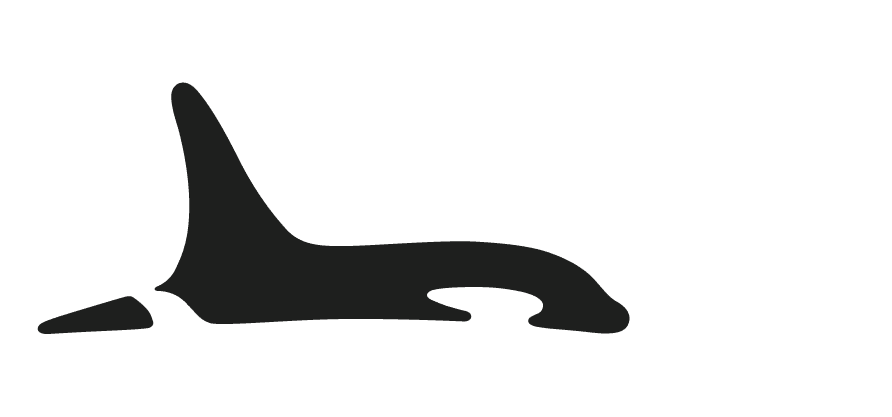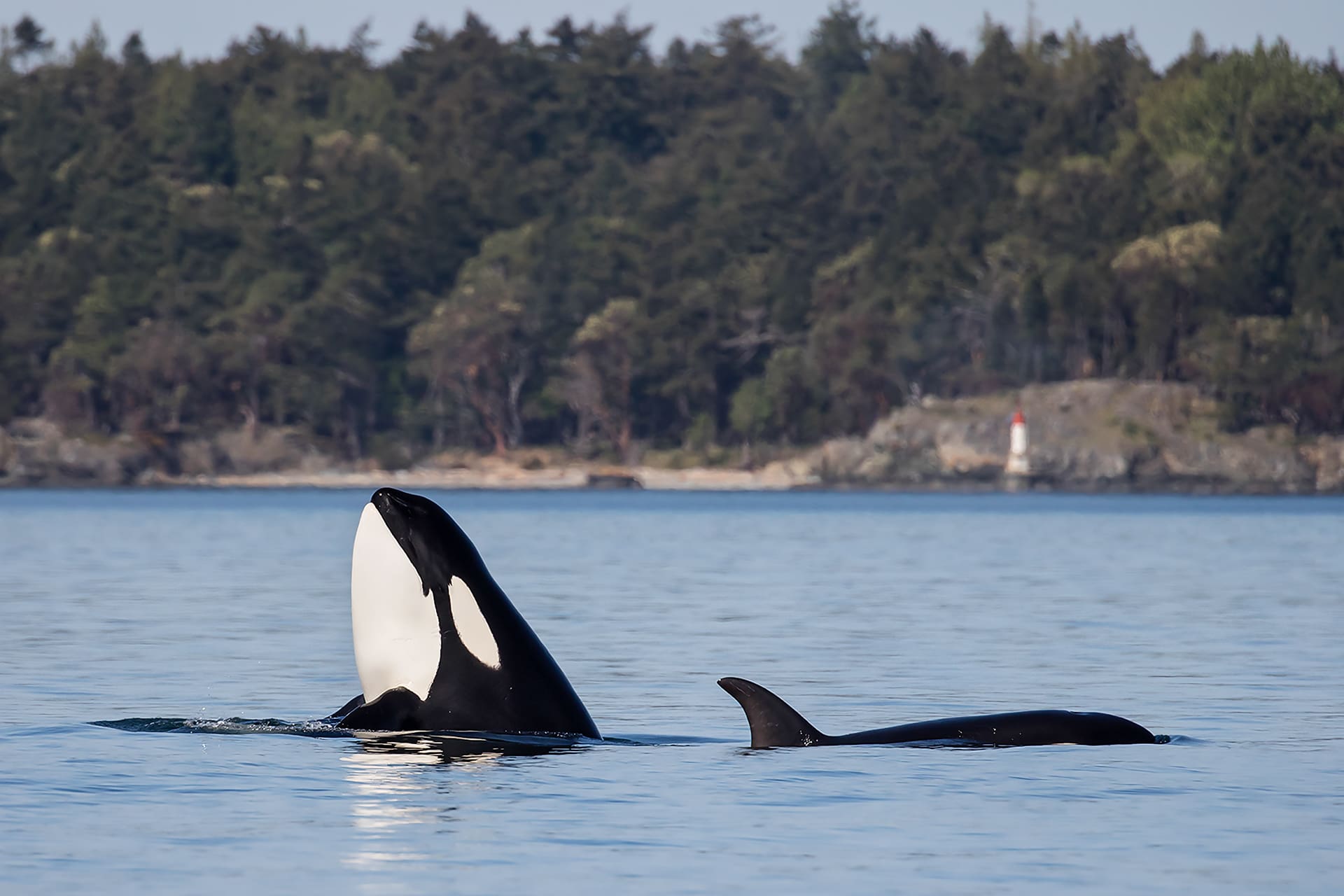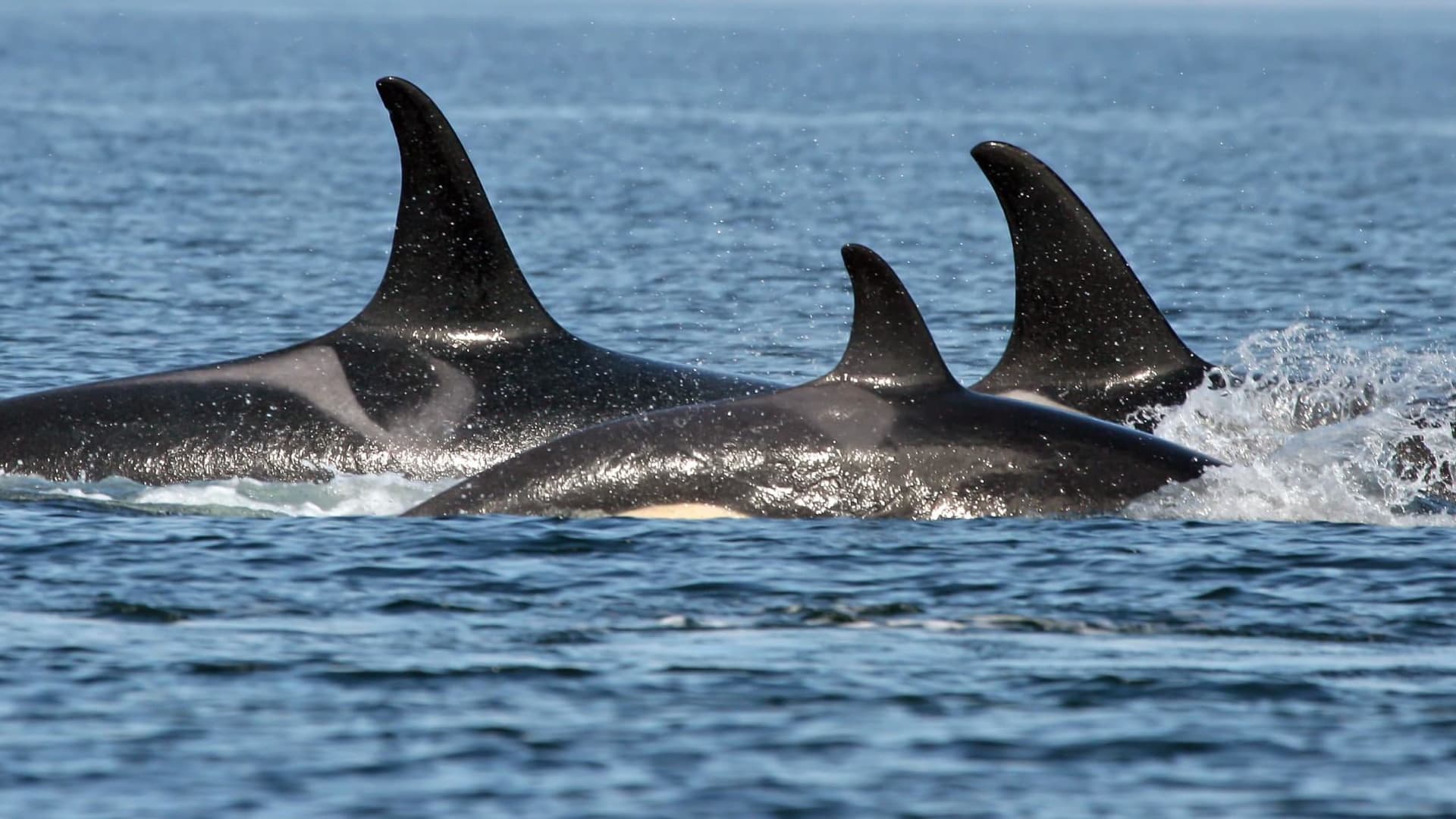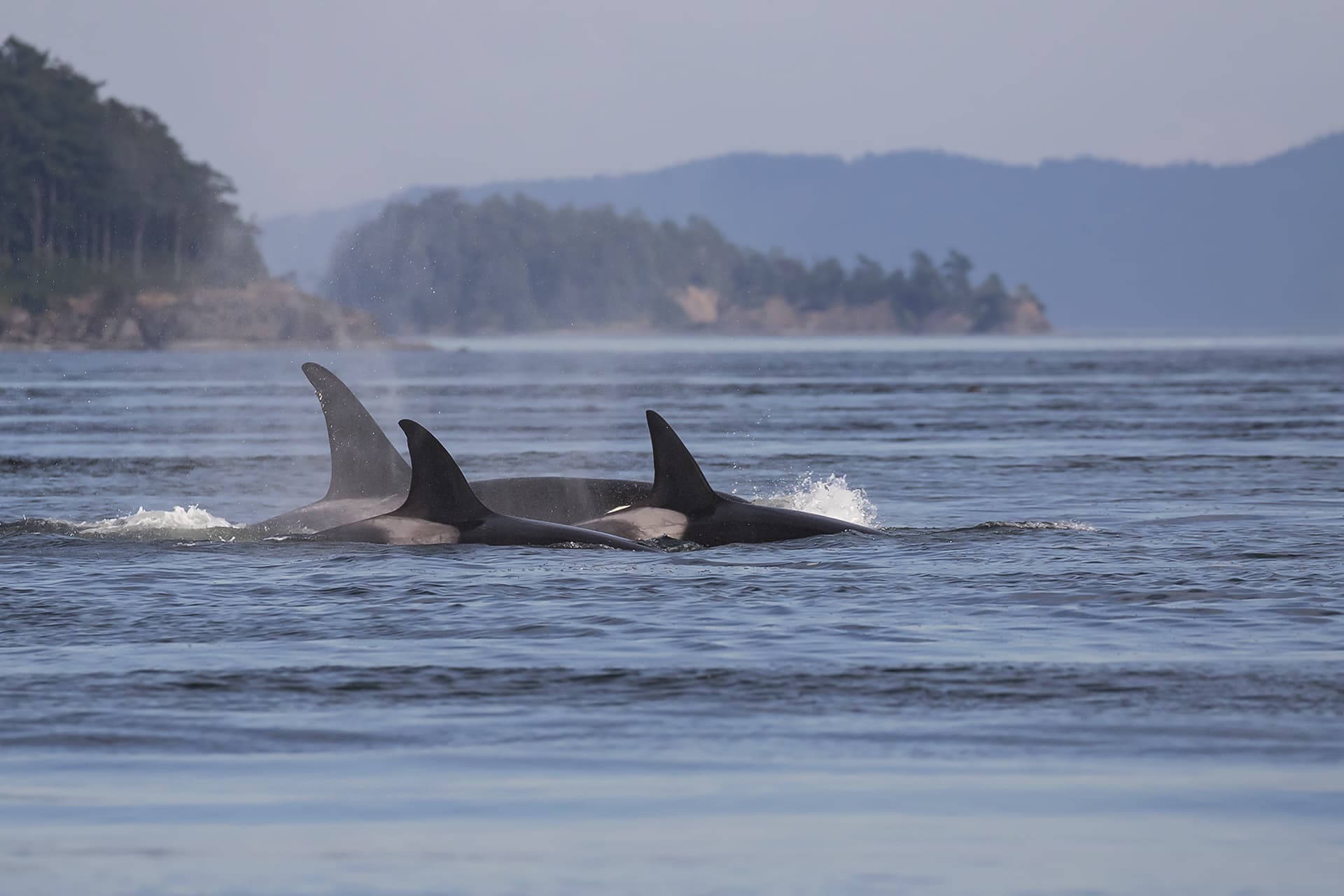
One year ago, in what some have dubbed “the Great Pause”, millions of us were required to stay local, and —some, for the first time—have gotten to more intimately know the green spaces and local wildlife on our doorsteps. When allowed to venture further afield, National Parks recorded unprecedented numbers of visitors.
“To Save the Earth, Fall in Love“, a recent Opinion piece in the New York Times asks, how do we harness these connections forged in this unique time to create much-needed change for nature?
Scientists are asking the exact same question. As we went into lockdown, nature had a short-term reprieve from the steady drumbeat of humanity. Scientists labeled this the ‘anthropause’ —literally, a break from humans! Songbirds thought to be singing louder than usual, were proven to be quieter, without competition from our lives.
Quick-thinking researchers grabbed this opportunity to study the possible effects of this unprecedented anthropause—monitoring hundreds of species worldwide, including the Southern Resident killer whales. While insufficient Chinook salmon is the primary threat to these whales, noise from vessels impacts and impedes their communications, foraging efforts, and resting time.
Border closures between the US and Canada resulted in two separate orca studies. Ocean Networks Canada manages a series of underwater observatories that could be utilized remotely to measure noise levels in the waters around Vancouver—one of Canada’s busiest ports. This region—frequently visited by endangered orcas—had a notable drop in underwater sound as vessel traffic decreased.
Across the border, Wild Orca’s Dr. Giles was on standby with the University of Washington’s boat, ready to collect samples with the aid of Eba, her orca poop detective dog. It’s possible that samples collected last summer may indicate reduced levels of cortisol—a stress hormone—with fewer vessels in the orcas’ range. A study of humpbacks in Monterey Bay, California expects similar results.

Wild Orca’s Dr. Deborah Giles.
It will take time for the results from these worldwide studies to be analyzed, and then compared with pre-and post lockdown conditions. But scientists hope that lessons can be learned that will benefit all we share the planet with.
“The COVID-19 anthropause has transported us back to levels of human mobility observed a few decades—not centuries—ago. We may discover that relatively minor changes to our lifestyles can potentially have major benefits for ecosystems and humans. For example, small modifications to the operation of our transport networks may drastically reduce unintended disruptive effects on animal movement.”
We cannot overestimate the positive impact nature has on our well-being. So many of us have experienced this during this last year, even when living in fear for the health of our loved ones, and our livelihoods. In this enforced slowdown, we were able to appreciate the natural world, and all the benefits it has to offer for our physical and mental health. But now as we reboot our lives, we must ensure that struggling ecosystems are also given the opportunity to flourish, so they might in return nourish us.
A transformational moment in nature is said to have seeded the proposal from Representative Mike Simpson of Idaho (R), whose audacious multi-billion dollar plan to save wild Chinook salmon by breaching the Snake River dams might be the best hope yet this project has of succeeding.
Wild Orca will follow its progress, and all opportunities to restore wild salmon, so that these endangered orcas can find enough food to raise healthy calves to prevent their extinction. We hope you’ll join us, using your voice to advocate for a shared future with this unique orca culture, living their best lives and thereby enriching ours.





